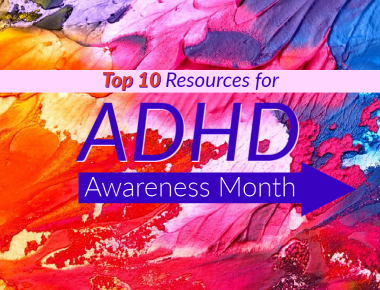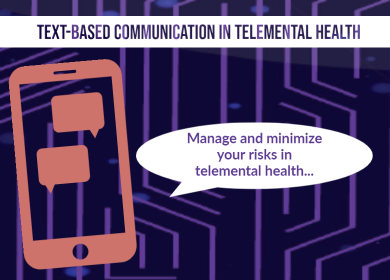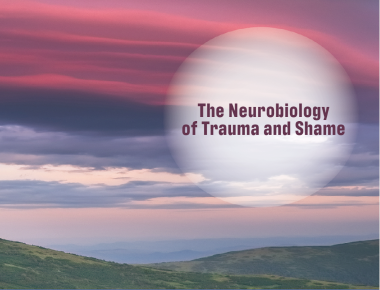Blogs and Free Resources
Here at PESI, our mission is to provide professionals like you with FREE practical and valuable tools, strategies,
and resources to assist with the great work you do. Find expert tips, helpful worksheets, demonstration videos, CE, news,
and more here. Happy learning!

How Post-Traumatic Symptoms Reflect Our Trauma History
When Our Nervous System Adapts to Threat in the Absence of Danger
Individuals who have been exposed to chronic and repeated trauma often have a nervous system still mobilized for danger, evoking trauma responses of fear, fight, or flight long after the threat has passed.

Desperate Efforts to Regulate a Traumatized Nervous System
Understanding the Vicious Circle of Addictive and Self-Destructive Behavior
Confused and frightened by intense feelings and physical responses—and tormented by their negative thoughts—many trauma survivors feel desperate for relief. Drugs, alcohol, self-harm, and many other compulsive behaviors provide brief periods of respite, but unfortunately, the relief is short-lived. As the body develops tolerance for these addictive or self-destructive impulses, they eventually become worse than the trauma symptoms themselves.

Putting Group Therapy Tips and Tools into Practice
Unboxing Judy Belmont’s Latest Card Deck
[Vlog] Judy Belmont shares her new therapeutic resource, The Group Therapy Card Deck: 99 CBT, DBT, ACT, and Positive Psychology Tips and Tools and gives step-by-step directions on how to use these cards in group therapy. Plus 5 free downloadable cards!

Top 10 ADHD Resources for Clinicians, Parents & Clients for ADHD Awareness Month
Free Worksheets and Free CE Video Included!
October is ADHD Awareness month and PESI Publishing has a wealth of resources that can assist you on your journey in learning how to treat, manage, and overcome this disorder.

Text-Based Communication in Telemental Health
Knowing and Minimizing the Risks
The sudden rise in the use of technology to provide mental health services has required many clinicians to navigate this new way of providing care. Part of this learning curve involves recognizing how to manage and minimize any associated risks.

Adapting to a Virtual Care World
New Guidelines and the Benefits of Telemental Health
Telemental health, with its many benefits, has transformed the way we provide patient services. This has resulted in changes to practice guidelines that will inform how we continue to offer virtual treatment in the years to come.

Wired for Fear
Recognizing Toxic Stress in the Classroom
Students who have been exposed to toxic stress are wired for fear: They live in a state of constant nervous system activation that often shows up in the classroom as challenging or disruptive behavior. When you learn to recognize these signs of fight, flight, or freeze, you can respond in a more compassionate and trauma-informed manner.

Why Psychotherapy Succeeds or Fails—I Believe I Found the Answer. David D. Burns, MD
This is an excerpt from Feeling Great by David D. Burns, MD
Here's Dr. David Burns on how you can eliminate resistance and improve treatment outcomes.

The Four Therapeutic R’s
A Multimodal Approach for Treating Shame
Through the lens of polyvagal theory, you can help clients regulate their autonomic nervous system and achieve a sense of safety with a shame-informed approach to therapy.

The Neurobiology of Trauma and Shame
Uncovering Shame-Based Beliefs
It can be challenging to bring unconscious shame-based beliefs to the surface, but with the right tools, you can help clients excavate the parts of themselves that have been hidden under their core shame identity.

